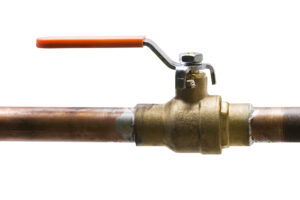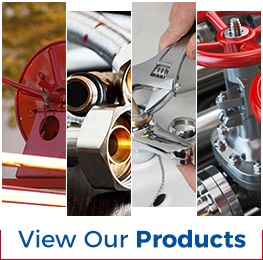
Valves are essential to regulating the flow and release of various chemicals, including water. Without an operating valve, almost any overachieving apparatus is bound to fail –– try to picture a kitchen sink that won’t shut off. To that end, we present you with ASJ Industrial Hose and Fittings and tell you why we’re the best option in the market.
Types of valves
There are four general types of valves, and there are multiple different models within each type.
- Electronic or electric valves: the movement of the instrument regulating the flow is controlled electronically through circuits or digitally. These types of valves tend to be the most expensive.
- Non-return valves: these valves only allow one-direction flow.
- Electromechanical valves: electro magnets control whether the valve is opened or closed.
- Mechanical valves: these valves rely on mechanical energy to open and close the actual valve.
Factors to consider when choosing a valve
If you’re wondering what the best type of valve is, the answer is…it depends on what you’re going to use for it. Some valves are better than others when used in a kitchen sink, while yet other valves work best in different contexts.
Here are some factors to consider when choosing a valve:
- Size and flow capacity
- Temperature limits
- Material durability
- Cost
- Shutoff response to leakage
Common types of valves
There is an almost infinite number of valves: check valves, foot valves, butterfly valves…the list goes on. The most common type is possibly the ball valve, which is also known as the shut-off valve. They are primarily used to regulate flow in plumbing and gas systems.
In addition, ball valves are known for being the best in forming tight seals and serving a longer life span than other types of valves. They are also used for shut off and control applications.
One of the things that sets ball valves apart is that they can open and close immediately. And while this has clear benefits, it also poses challenges. When you quickly shut off water pouring out at high pressure, for example, you risk sending shock waves to the pipes and damage them in the long run, which is why you might consider using a different type of valve.
One important detail to note about this type of valve is that they tend to be a bit pricier than other options.
Why us
There is simply no other provider like ASJ Industrial Hose and Fittings. We have been in the business for several decades, making us experts in the field. Give us a call today to learn more: (951) 735-1351.



 Phone:
Phone: